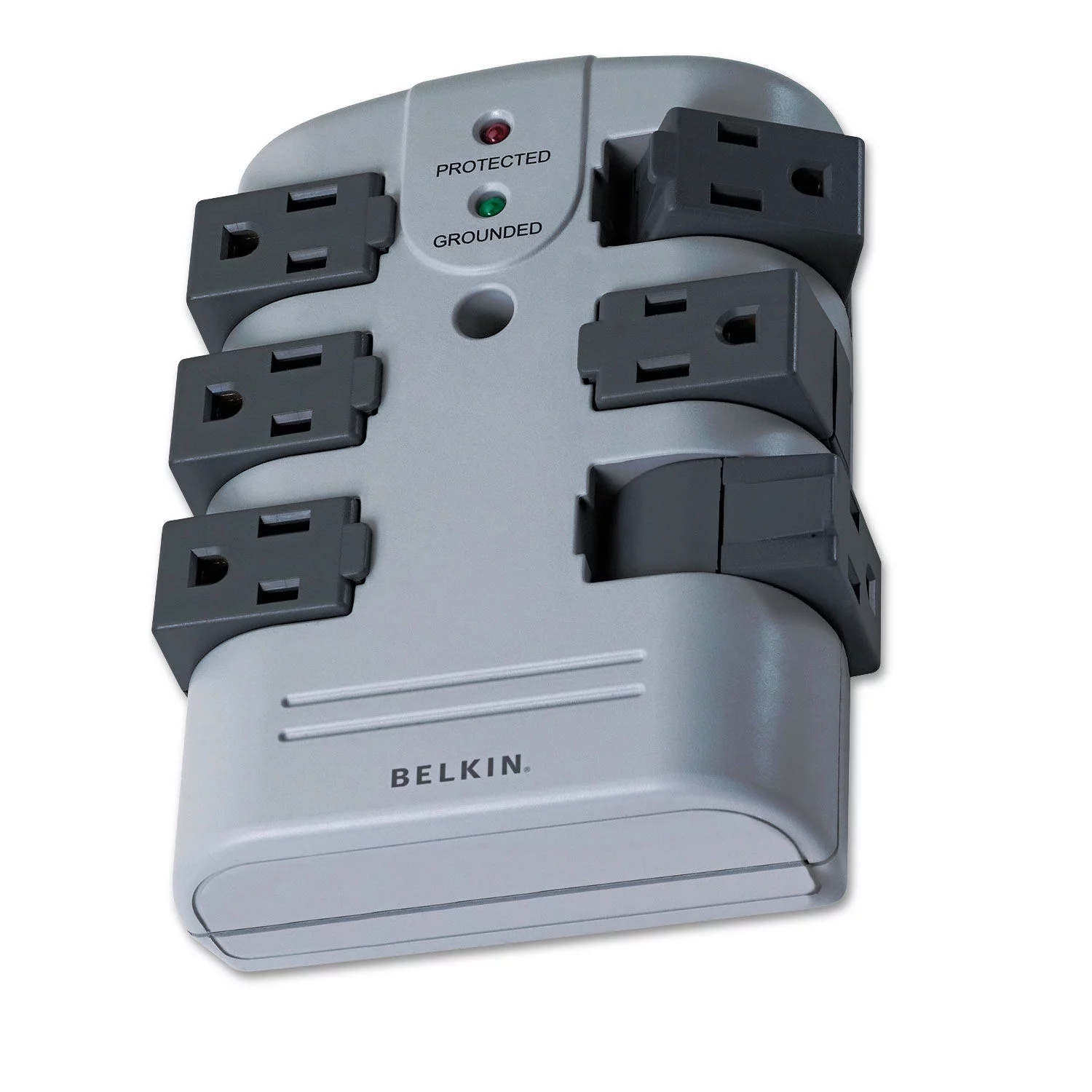

Articles
What Do Joules Mean On A Surge Protector
Modified: December 7, 2023
Want to know what joules mean on a surge protector? Read our informative articles to understand the importance of joules and how they protect your electronic devices.
(Many of the links in this article redirect to a specific reviewed product. Your purchase of these products through affiliate links helps to generate commission for Storables.com, at no extra cost. Learn more)
Introduction
Welcome to the world of surge protectors! If you’ve ever noticed those strange numbers followed by the word “joules” on the packaging of surge protectors, you might be wondering what they mean and why they are important. Don’t worry, you’re not alone! Many people find this concept confusing, but it’s essential to understand the significance of joules when it comes to surge protectors.
In this article, we will demystify the meaning of joules on a surge protector and explore their importance in safeguarding your valuable electronic devices. So, let’s dive in and unravel the mysteries behind joules on surge protectors.
Key Takeaways:
- Joules on a surge protector represent its capacity to absorb energy from power surges, with higher joules providing better protection for electronic devices. Understanding joules is crucial for selecting the right surge protector.
- When choosing a surge protector, consider factors such as joule rating, clamping voltage, number of outlets, and additional features to ensure optimal protection for your electronic devices. Invest in a high-quality surge protector for peace of mind.
Understanding Joules
Before we can grasp the significance of joules in the context of surge protectors, let’s take a moment to understand what joules actually are. In simple terms, joules are a unit of energy. They measure the amount of energy that a surge protector can absorb before it becomes overwhelmed.
When voltage spikes or surges occur in your electrical system, which can happen due to lightning strikes, power grid fluctuations, or electrical faults, these surges can damage your electronic devices. Surge protectors are designed to divert or regulate these surges, protecting your equipment.
Joules represent the “capacity” or “strength” of a surge protector. The higher the number of joules, the greater the amount of energy the surge protector can absorb before it becomes ineffective. Think of it as a shield that can handle more impacts before it succumbs.
To put it into perspective, imagine you have a surge protector with a rating of 1000 joules. This means it can absorb up to 1000 joules of energy before it reaches its limit. If a power surge of 800 joules occurs, the surge protector will effectively divert and absorb the energy, keeping your devices safe from harm. However, if a surge of 1500 joules occurs, the surge protector may not be able to handle the excessive energy, putting your devices at risk.
Therefore, joules play a crucial role in determining the effectiveness and longevity of a surge protector. It indicates how much protection the device can provide by absorbing excessive energy before allowing it to pass through and potentially damage your electronics.
Surge Protectors Explained
Now that we have a clear understanding of joules, let’s delve into surge protectors themselves. A surge protector, also known as a surge suppressor, is a device designed to protect your electronic equipment from voltage spikes and power surges.
When a surge occurs, the surge protector acts as a barrier, diverting the excess voltage away from your devices and into the grounding wire or an electrical outlet. This prevents the surge from reaching your valuable equipment, keeping them safe from potential damage.
Surges can happen due to various reasons, including lightning strikes, power grid fluctuations, and electrical faults. These surges can cause irreversible damage to sensitive electronic devices such as computers, televisions, gaming consoles, and other appliances.
Surge protectors are typically equipped with multiple outlets, allowing you to connect multiple devices simultaneously. This makes them an essential component for any home or office setup, where numerous electronic devices are utilized.
It’s important to note that surge protectors are not the same as power strips. While power strips provide additional outlets for devices, they do not offer protection against voltage surges. In contrast, surge protectors go a step further by offering surge suppression and keeping your equipment safe during power fluctuations.
Surge protectors come in various forms, ranging from basic models to more advanced ones. Basic surge protectors are typically designed for general household use and offer a lower joule rating. On the other hand, advanced surge protectors are engineered to handle higher power surges and are suitable for commercial or industrial settings.
Now that you have a better understanding of what surge protectors are and how they work, let’s explore why joules are crucial when it comes to selecting the right surge protector for your needs.
Joules on a surge protector measure its ability to absorb energy from power surges. Look for a higher joule rating to ensure better protection for your electronic devices.
Importance of Joules on Surge Protectors
The joule rating of a surge protector is a vital factor to consider when choosing the right surge protector for your electronic devices. The higher the joule rating, the more energy the surge protector can absorb before it reaches its limit. This directly translates to better protection for your devices.
Think of joules as a buffer zone between your devices and potentially damaging power surges. When a surge occurs, the surge protector absorbs the excess voltage and redirects it away from your devices. The higher the joule rating, the larger the buffer zone, allowing for increased protection against larger and more powerful spikes.
Choosing a surge protector with a high joule rating is particularly important in areas where power fluctuations and lighting strikes are common. These situations can generate larger surges, which can overpower surge protectors with lower joule ratings.
Furthermore, the joule rating is indicative of the surge protector’s overall quality and durability. Surge protectors with higher joule ratings are usually built with better components and are designed to handle more frequent and intense surges. They offer a longer lifespan and are more likely to effectively protect your devices over an extended period.
It’s worth noting that surge protectors have a finite lifespan and can wear out over time. Each time a surge occurs, it diminishes the surge protector’s ability to handle subsequent surges. Therefore, it’s important to select a surge protector with a sufficient joule rating to accommodate for such wear and tear.
Ultimately, investing in a surge protector with a high joule rating ensures that your electronic devices are protected from damaging power surges, providing you with peace of mind and safeguarding your valuable equipment.
Now that we understand the importance of joules, let’s explore the factors you should consider when selecting a surge protector.
Factors to Consider when Choosing a Surge Protector
When it comes to selecting the right surge protector for your needs, there are several key factors to consider. Taking these factors into account will help you make an informed decision and ensure the optimal protection for your electronic devices. Let’s explore these factors below:
- Joule Rating: As we’ve discussed earlier, the joule rating is a crucial factor in determining the surge protector’s ability to handle power surges. Look for surge protectors with higher joule ratings to ensure maximum protection.
- Clamping Voltage: Clamping voltage refers to the level at which the surge protector begins to divert excess voltage. Ideally, you want a surge protector with a lower clamping voltage, as this means it can respond quickly to surges and offer better protection to your devices.
- Number of Outlets: Consider the number of outlets you require to connect your devices. Make sure the surge protector has enough outlets to accommodate all your electronic equipment.
- Type of Outlets: Consider the type of outlets offered by the surge protector. Look for a mix of regular outlets and outlets that accommodate bulky power adapters to ensure all your devices can be plugged in easily.
- Additional Features: Some surge protectors come with additional features such as USB ports for charging mobile devices, Ethernet ports for protecting network connections, and coaxial connectors for safeguarding cable or satellite TV connections. Evaluate your specific needs and choose a surge protector with the appropriate additional features.
- Brand Reputation: Consider the reputation and reliability of the surge protector brand. Do some research, read customer reviews, and choose a reputable brand known for producing high-quality surge protectors.
- Warranty: Check the warranty offered by the surge protector. A longer warranty period indicates the manufacturer’s confidence in their product and provides an added layer of protection for you.
- Price: While price shouldn’t be the sole determining factor, it’s important to consider your budget. Remember, surge protectors are an investment in protecting your valuable electronic devices, so aim for the best surge protector that fits within your budget.
By considering these factors, you can select a surge protector that meets your specific needs and provides optimal protection for your electronic devices.
Read more: What Does Switched Mean On A Surge Protector
Conclusion
Joules play a crucial role in the world of surge protectors. Understanding what joules represent and their importance can help you make an informed decision when selecting a surge protector, ensuring the safety of your valuable electronic devices.
By choosing a surge protector with a high joule rating, you provide a buffer zone between your devices and power surges, allowing for greater protection against voltage spikes. Remember that higher joules indicate a surge protector’s ability to absorb more energy before it becomes overwhelmed.
When selecting a surge protector, consider factors such as the joule rating, clamping voltage, number and type of outlets, additional features, brand reputation, warranty, and price. By considering these factors, you can choose a surge protector that meets your specific needs and provides optimal protection for your devices.
Remember, surge protectors are essential in safeguarding your electronic devices from power surges, whether they are caused by lightning strikes, power grid fluctuations, or electrical faults. Investing in a high-quality surge protector with a sufficient joule rating is a wise decision that can potentially save you from costly repairs or replacements in the long run.
So, the next time you see those joule numbers on a surge protector, you’ll know exactly what they mean and why they matter. Protect your devices and enjoy peace of mind with the right surge protector.
Stay safe, stay protected!
Frequently Asked Questions about What Do Joules Mean On A Surge Protector
Was this page helpful?
At Storables.com, we guarantee accurate and reliable information. Our content, validated by Expert Board Contributors, is crafted following stringent Editorial Policies. We're committed to providing you with well-researched, expert-backed insights for all your informational needs.
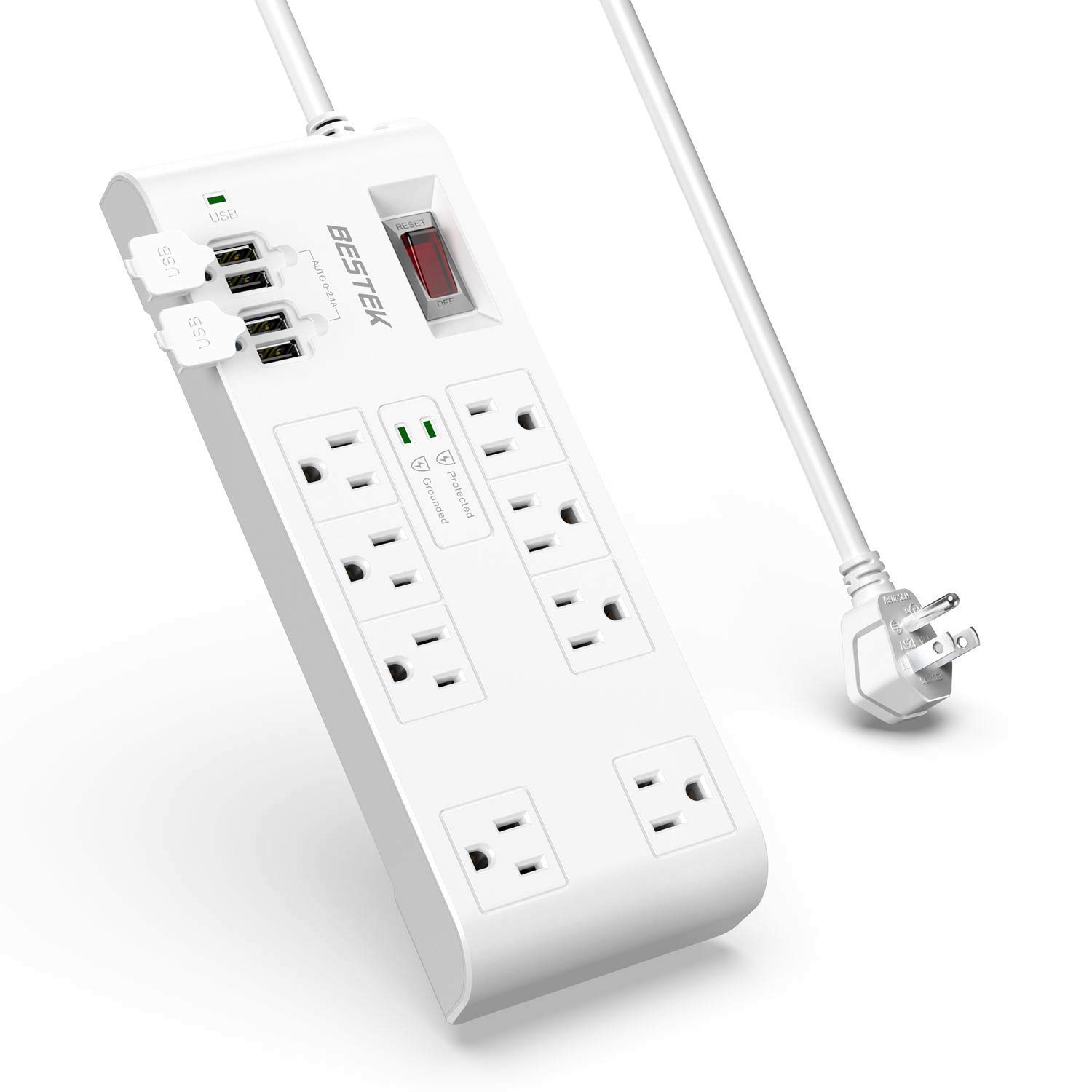
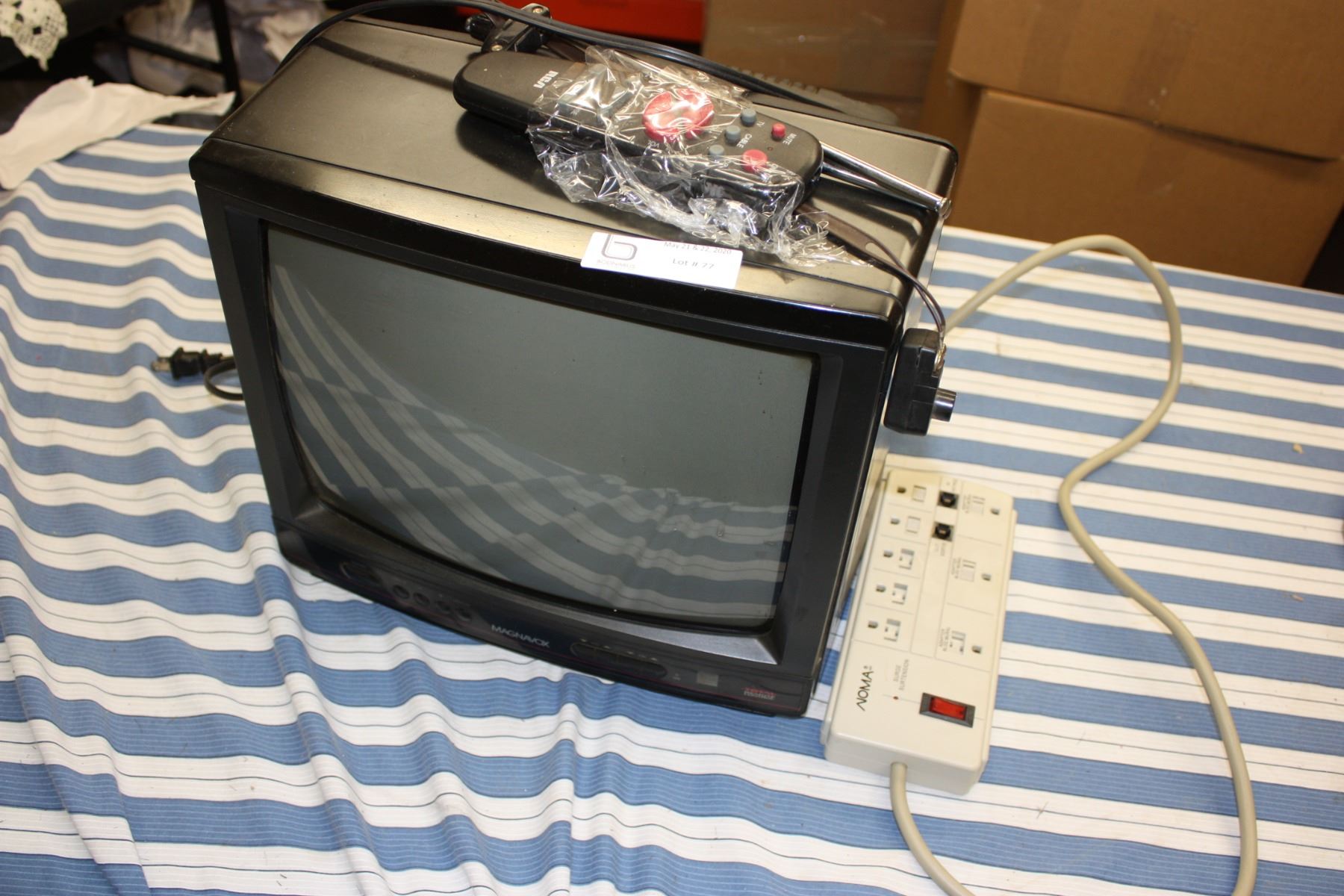
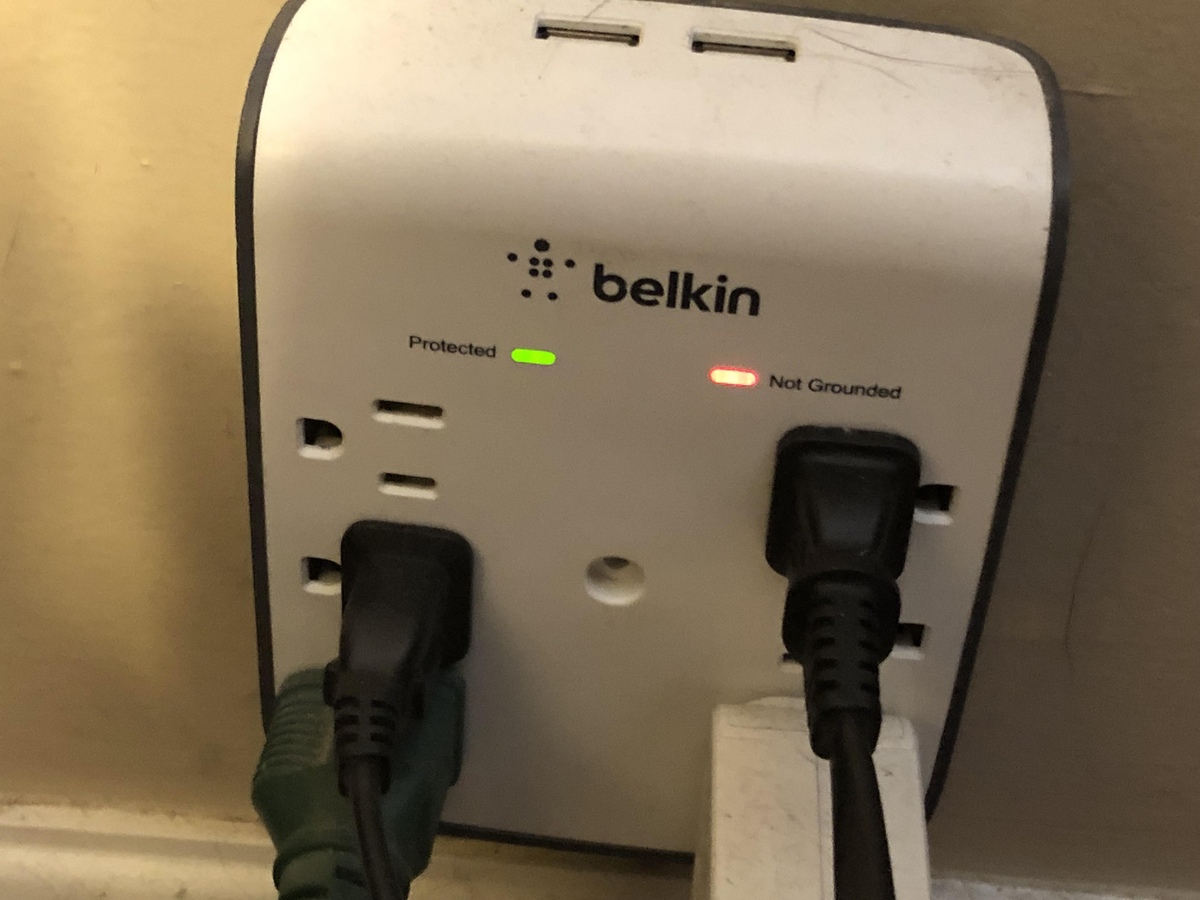
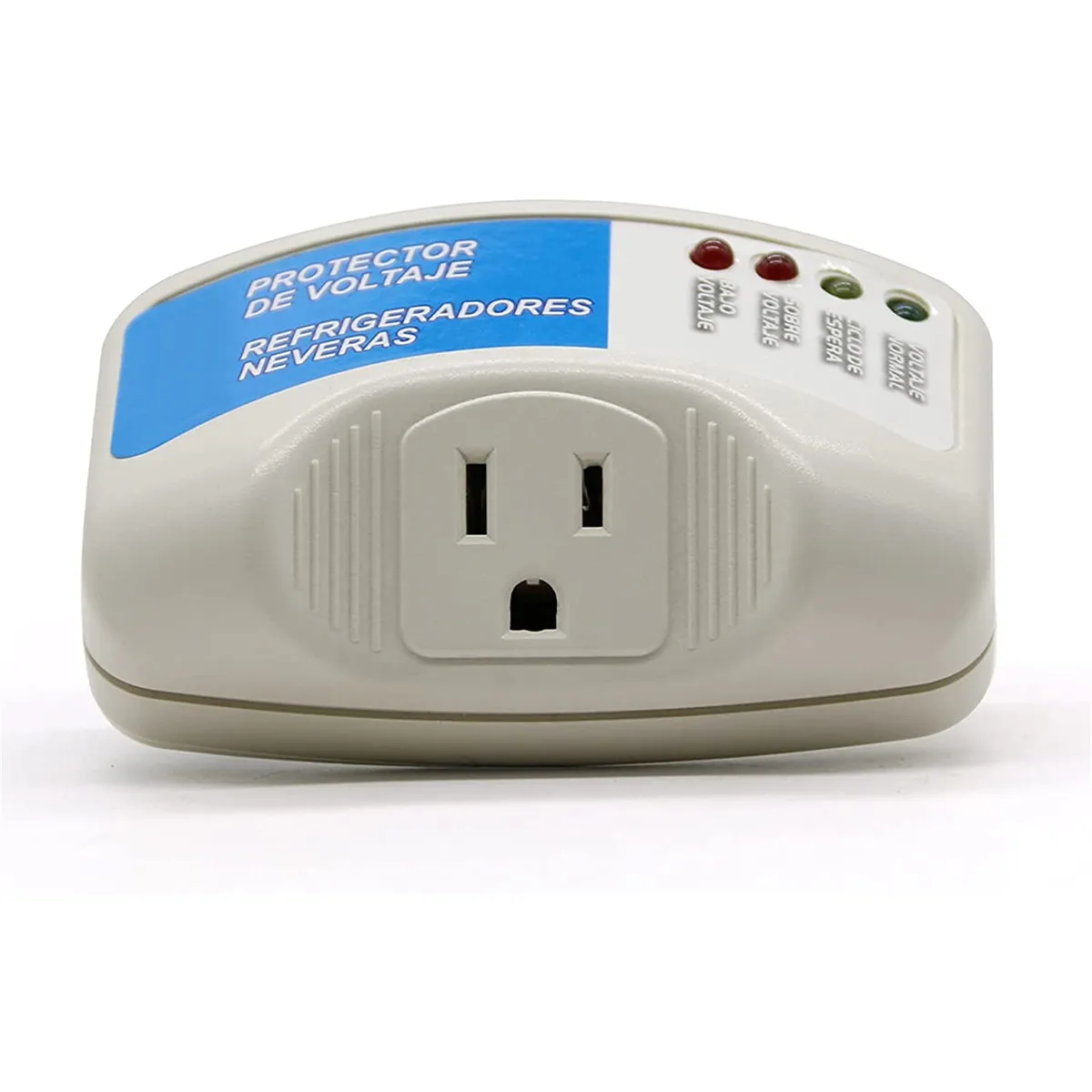
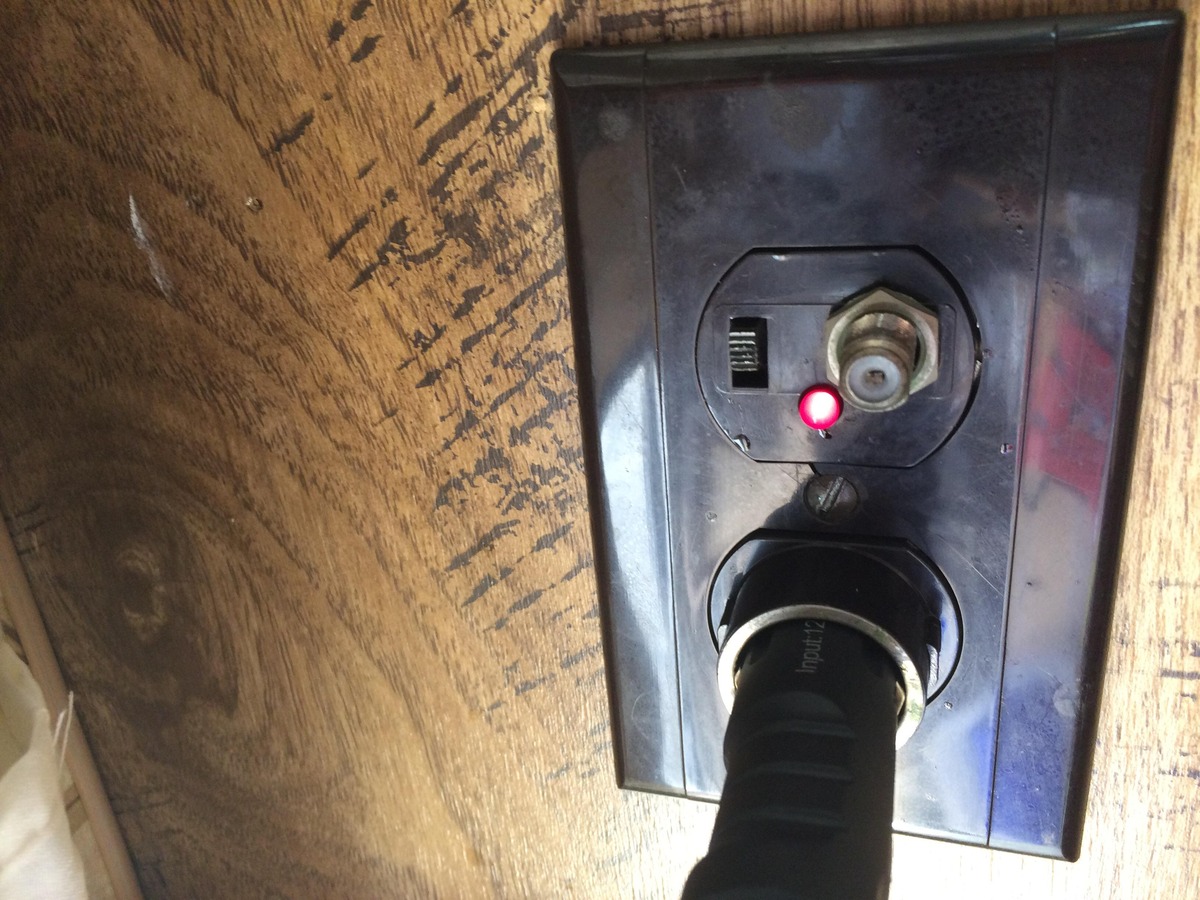
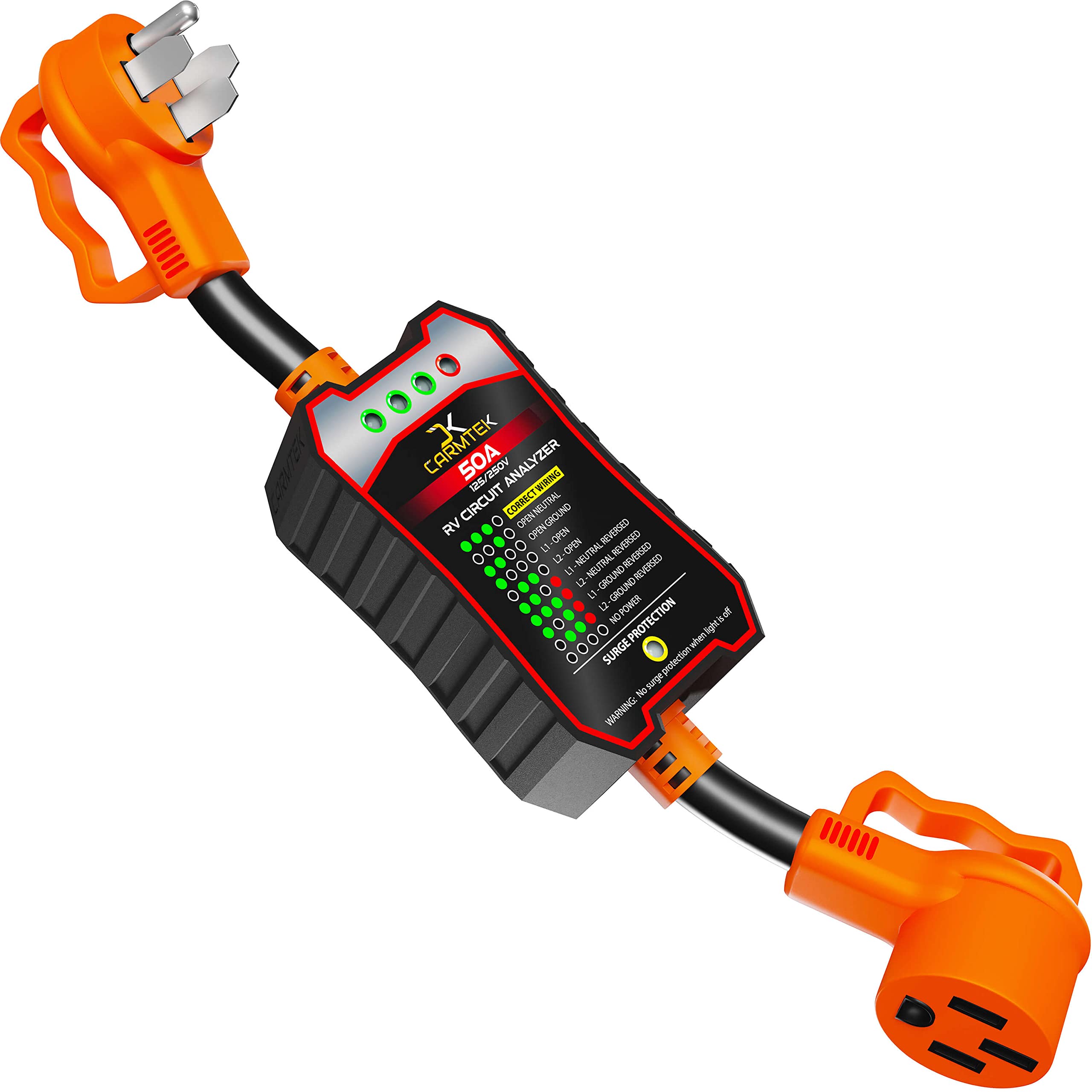
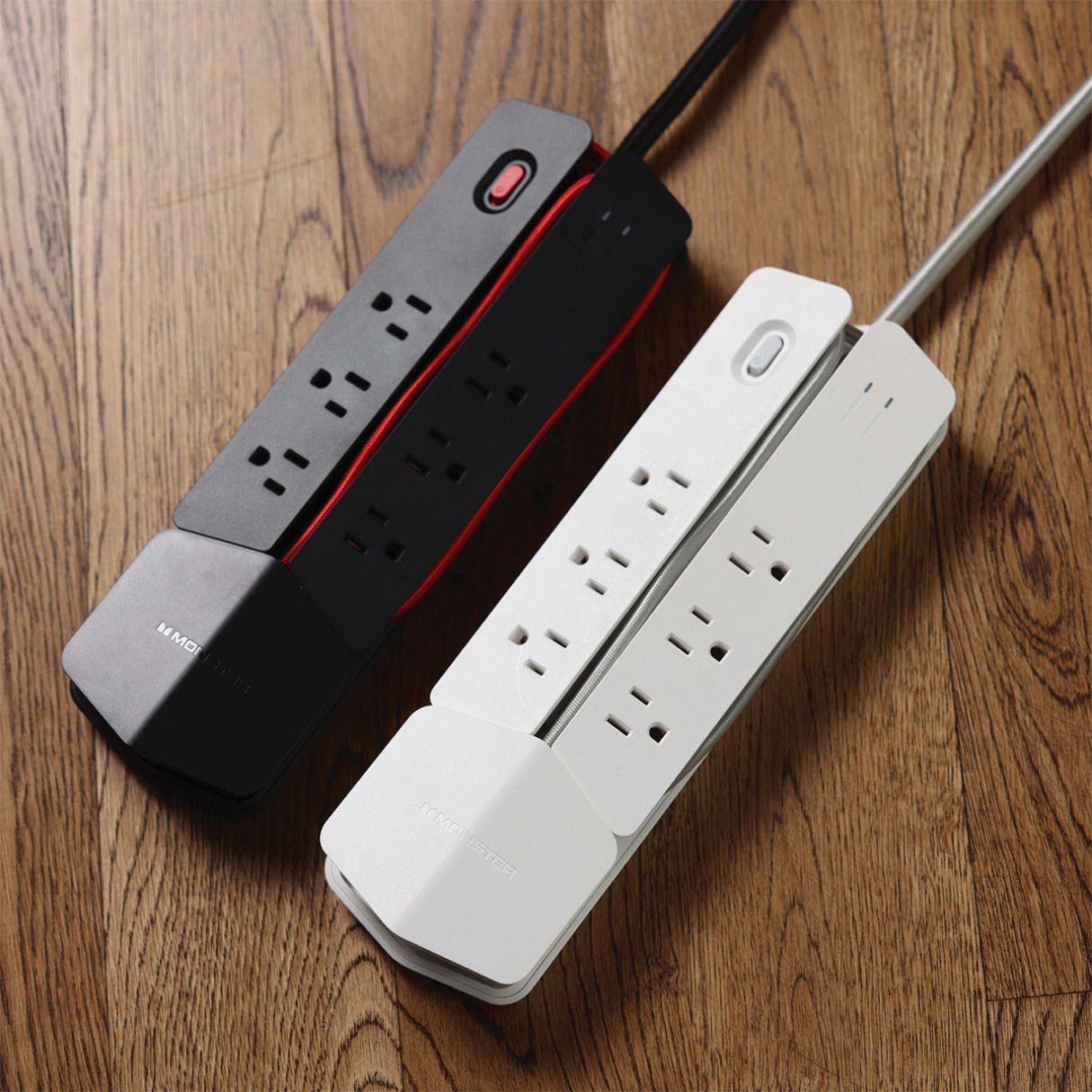
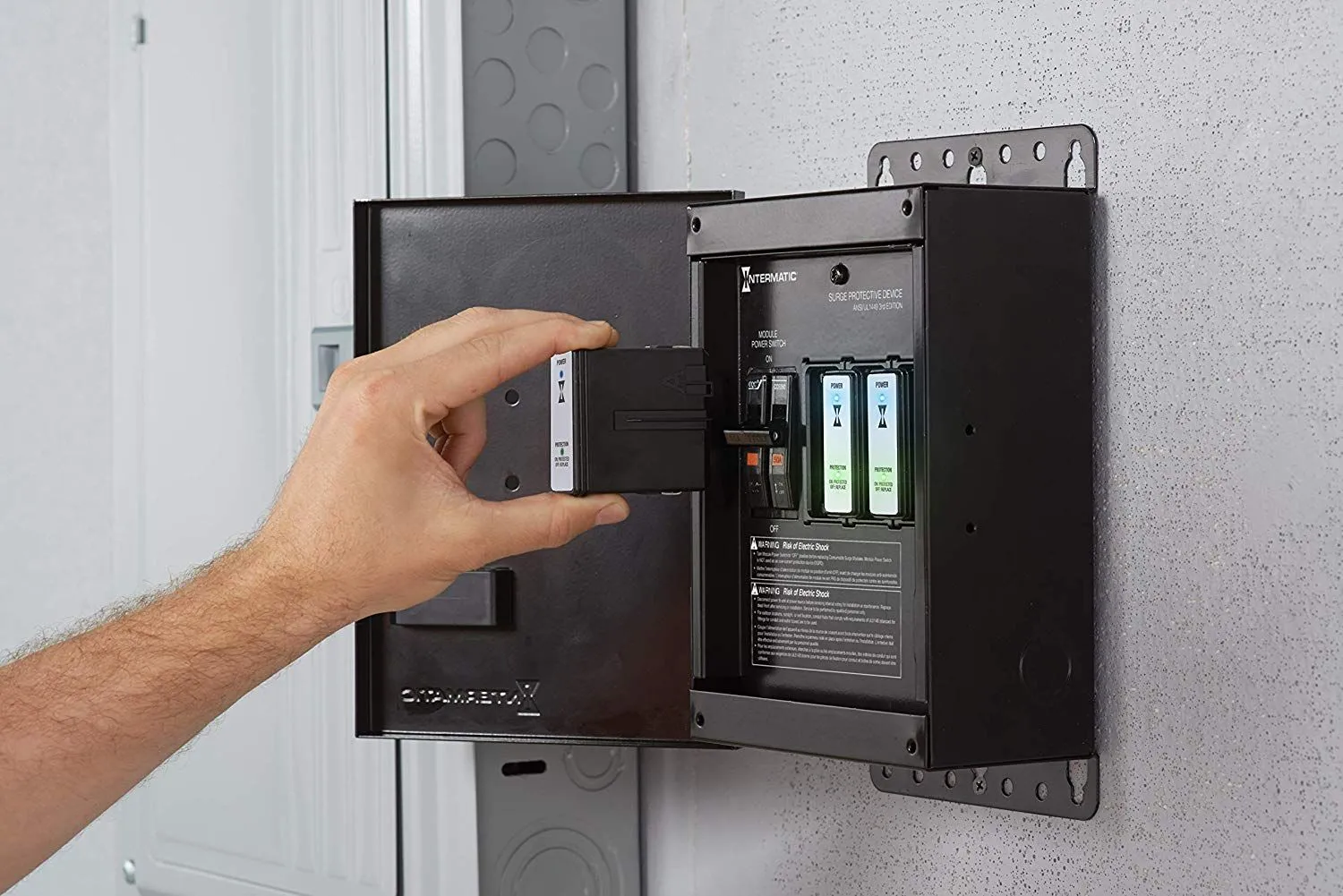
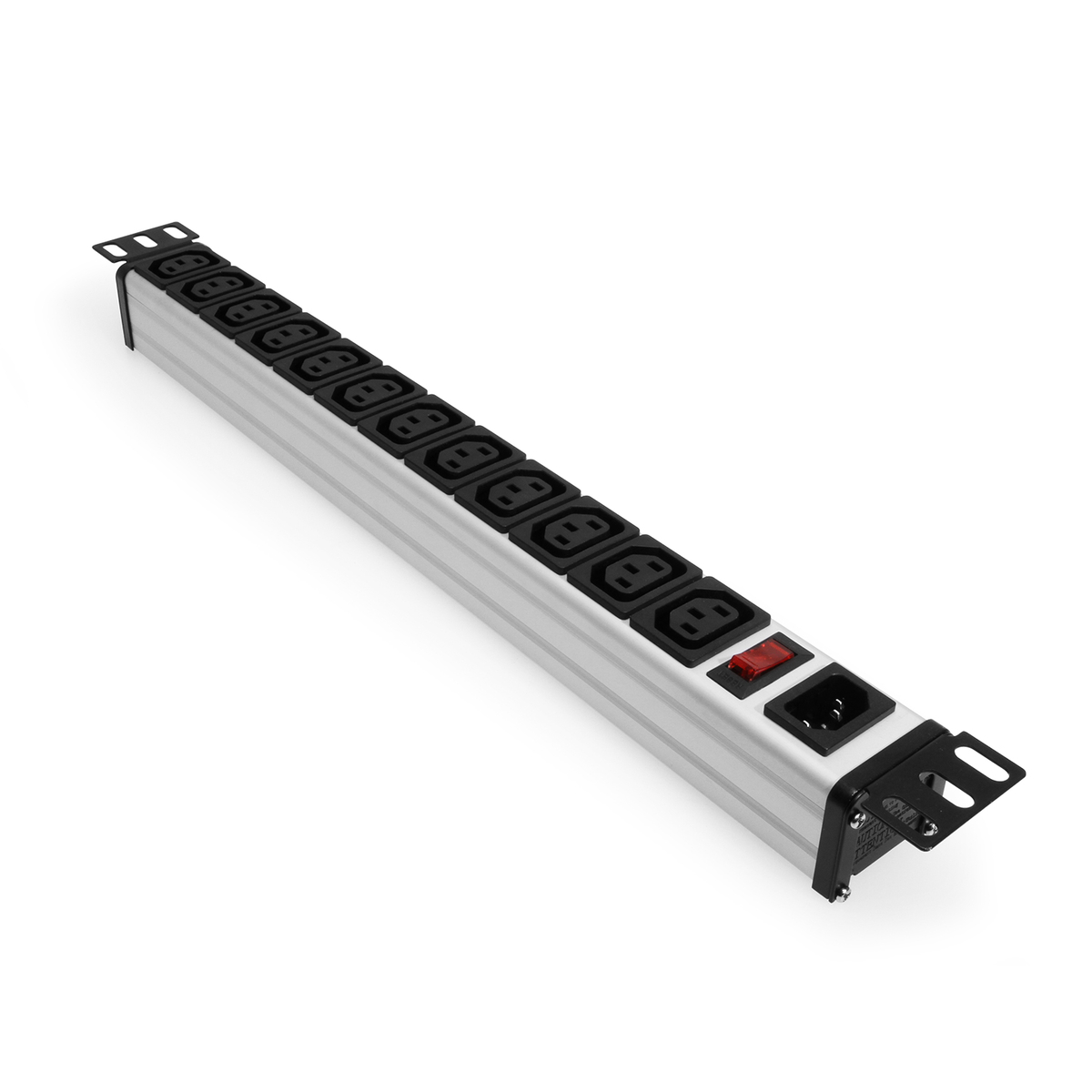
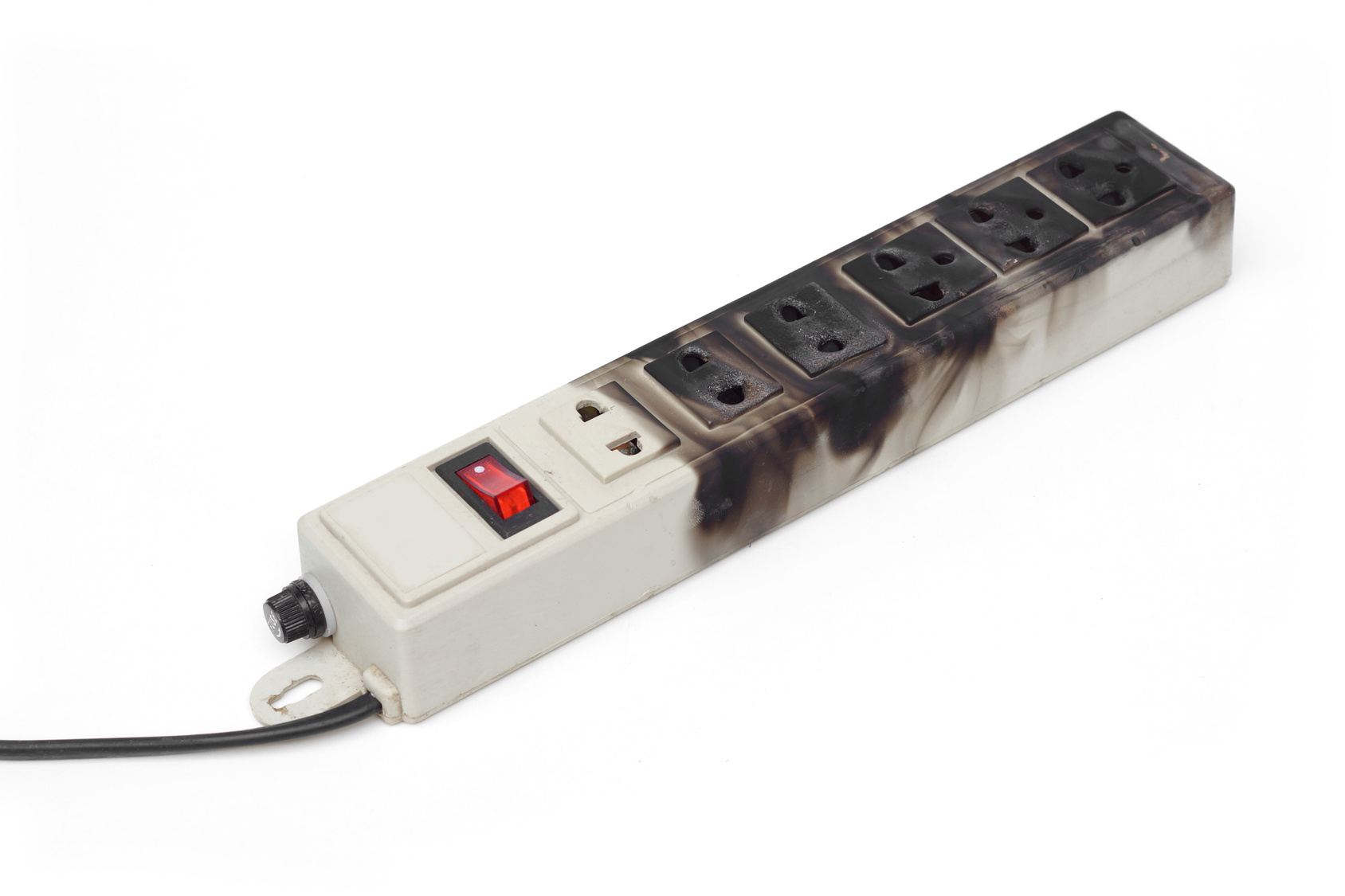
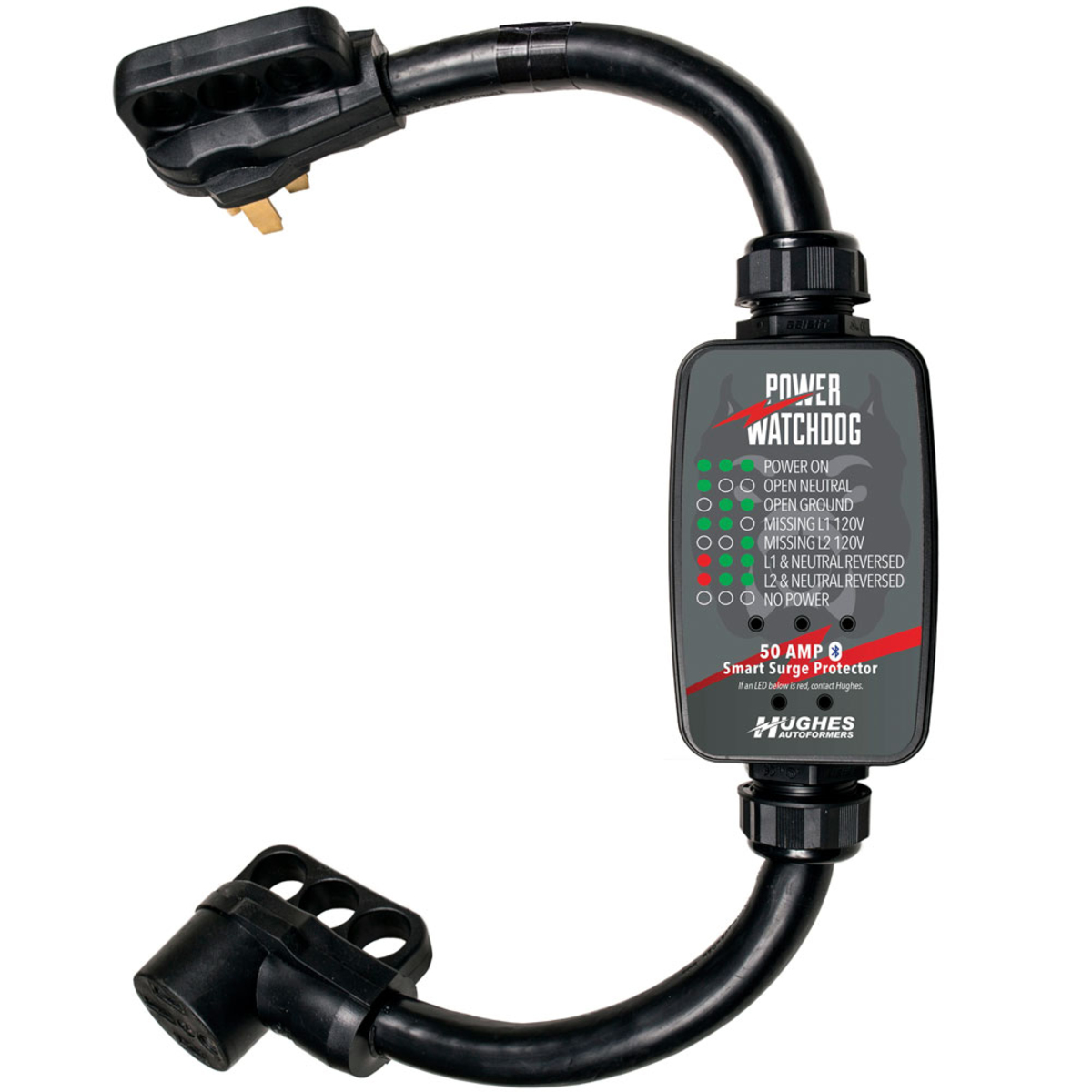
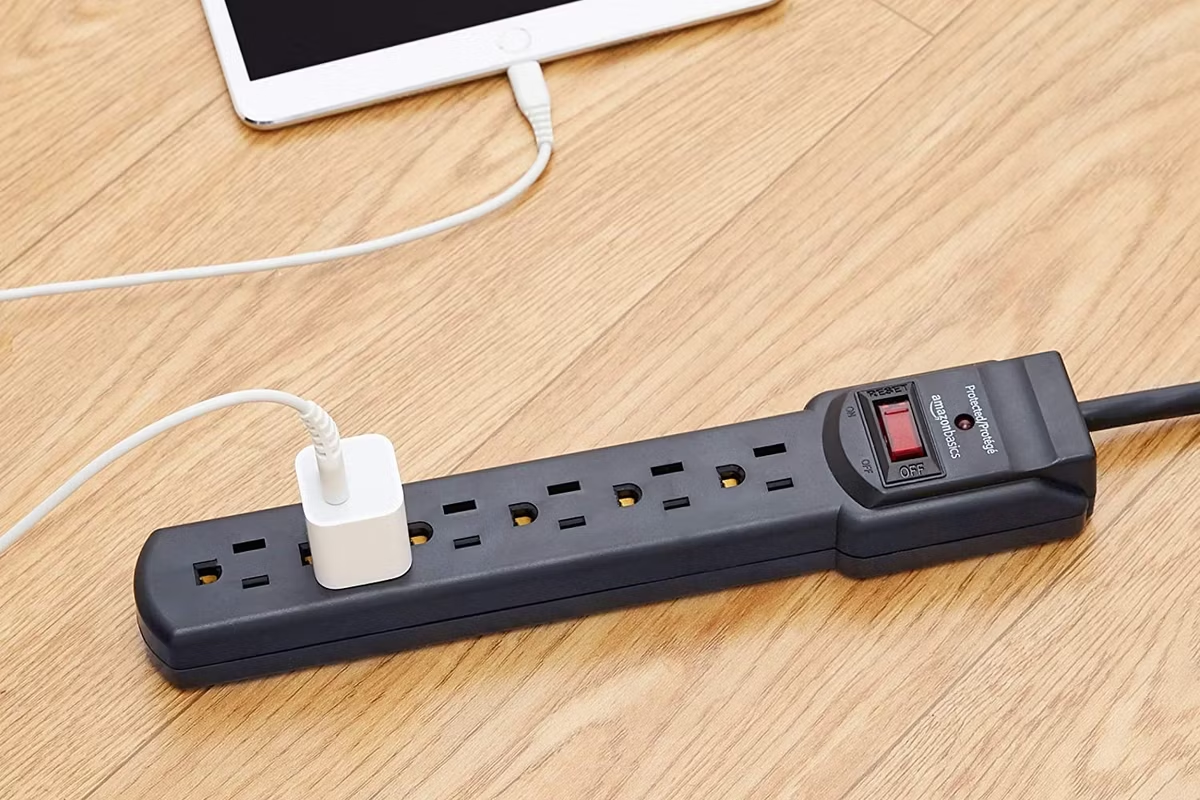
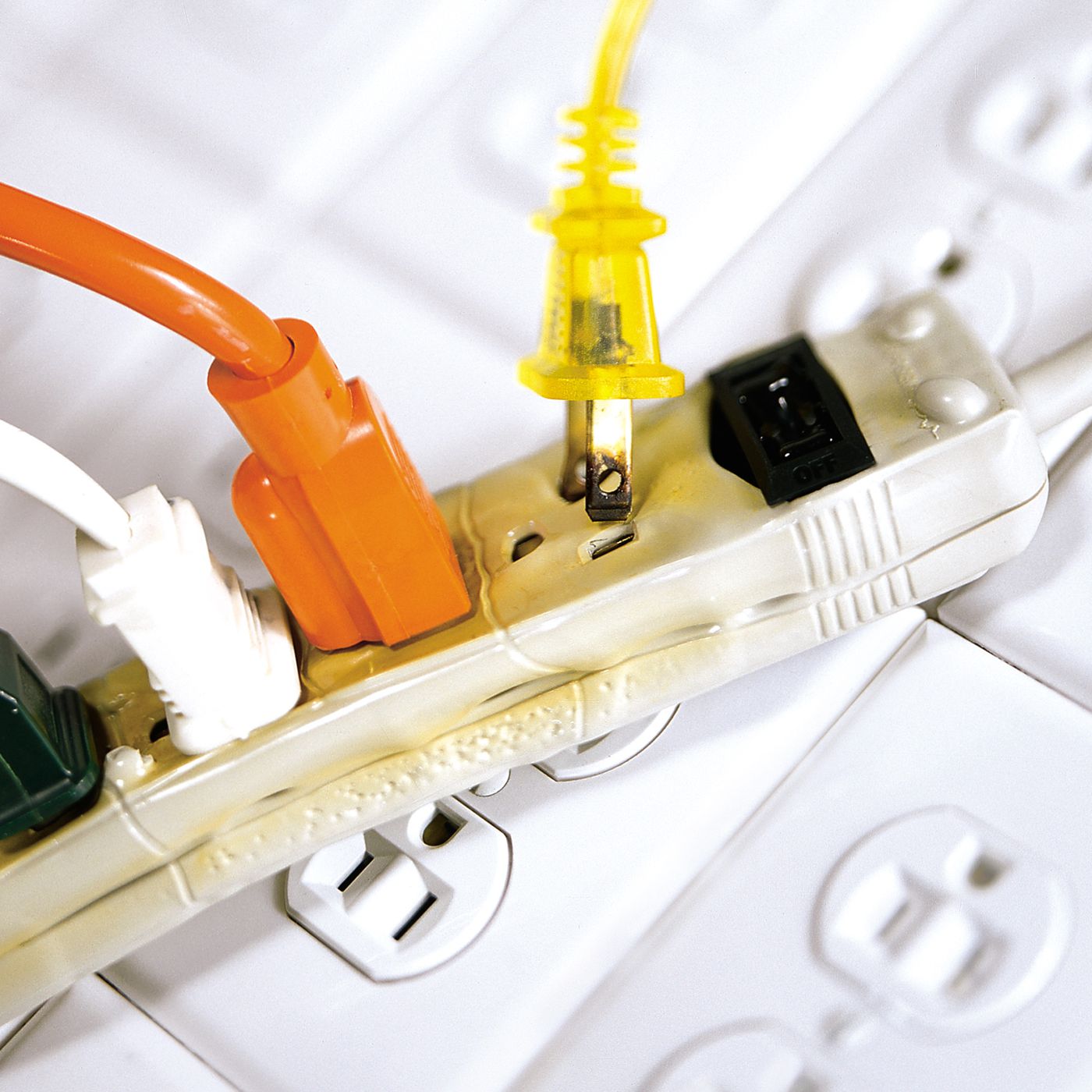
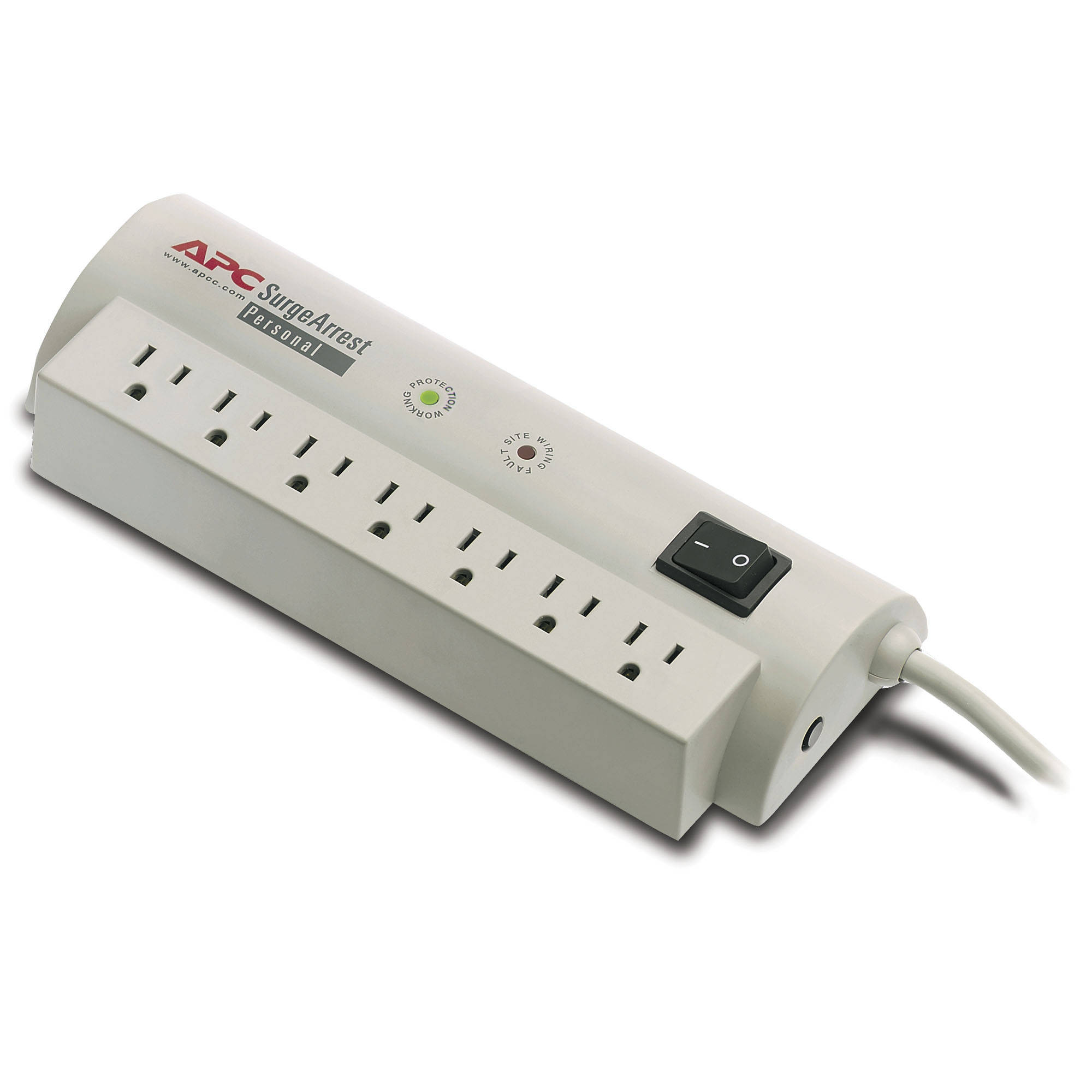

0 thoughts on “What Do Joules Mean On A Surge Protector”